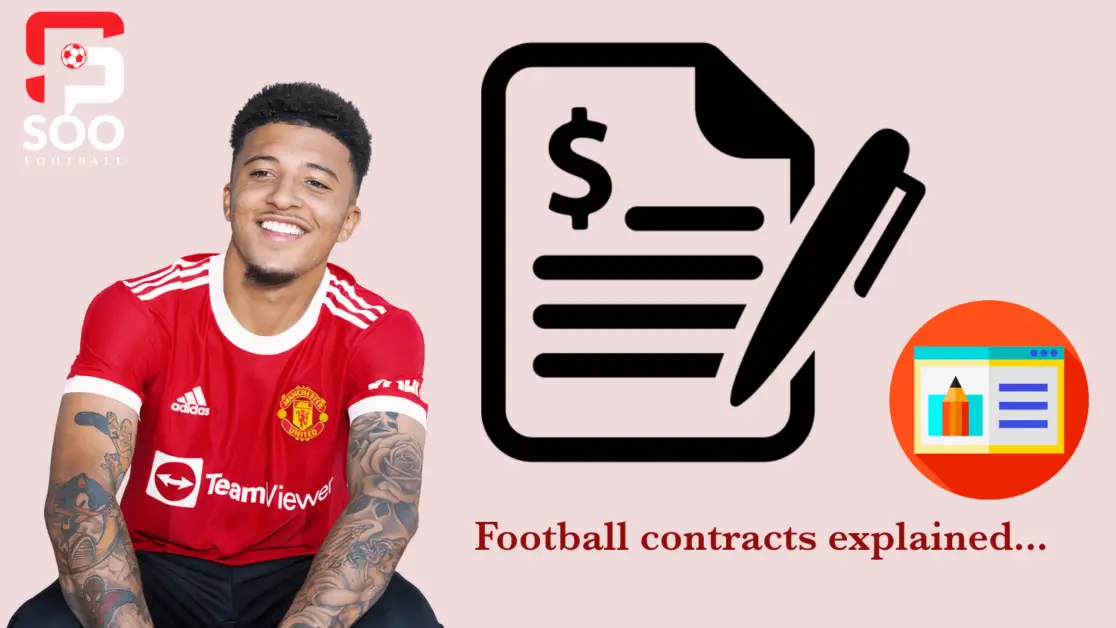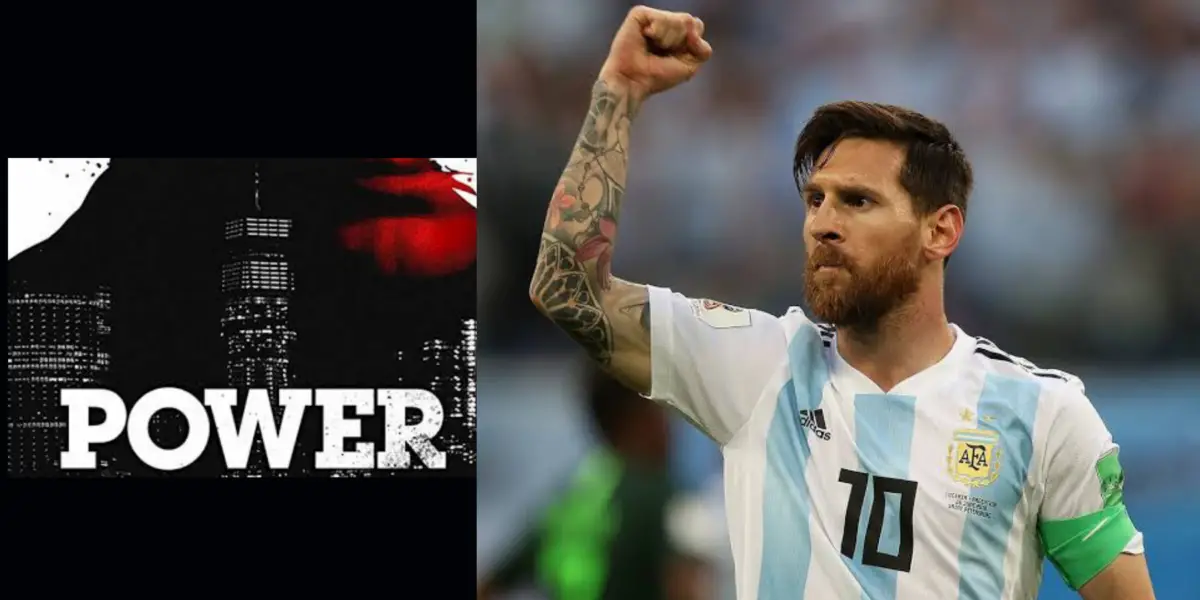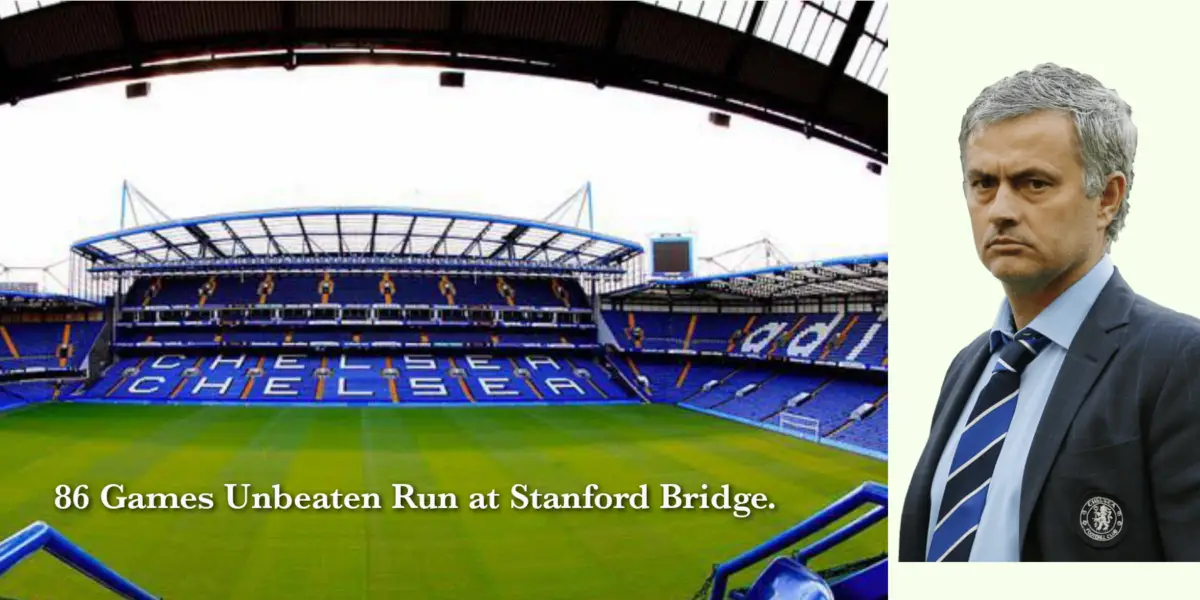As football fans, many of us are carried away with supporting our favorite teams and that’s it. However, there are many more aspects of football we need to educate ourselves about to be called a true fan. Some of these important aspects are Football contracts and transfers.
The football transfer market is wild. It is the time of the year where agents bombard text messages to club officials, and clubs try their best to poach superstars.
We see a lot of lucrative and shocking football deals in the transfer market such as Neymar’s €222 million move to PSG and the £100 million transfer of Jack Grealish to Manchester City.
Behind these transfers lie contracts worth millions. It is time to look into what terms a typical football contract carries.
Key Components of Football Contracts
Player Wages
The first and most significant component in a player’s contract. Usually, a player gets paid weekly, even if they feature on the bench. A player’s wages are assessed based on negotiations between the club and the player’s agent.
A football club will have a salary cap to decide a reasonable salary for the player. Whereas the player’s agent demands the best for the player.
A player’s age could decide valuation where a promising young talent will be worth more than an older player. Of course, the player’s skill is also another indicator when many competitors are looking to land their signature.
Younger players tend to sign contracts up to five years or more with the club, which makes sense as they have many years ahead in their professional careers.
When a player approaches the end of their contract, the club tries to resign them, usually offering a higher wage than the initial contract to keep them. Once the contract expires, the player is allowed to leave the club for free.
Consider Reading: The Best Free Transfers in Football
Additional Bonuses
Along with a player’s salary, often comes some bonuses. Bonuses are essential parts of football contracts.
Interestingly, bonuses are usually performance-based rewards that drive the player to do well for the club. But it does not limit to a player’s performance alone.
Back in the day, strikers used to get bonuses for scoring goals. And later, defenders and midfielders have joined the debate of whether they should receive additional rewards for their performances.
These days we see incentives awarded to a team if they defend or score from a set-piece since there is a lot of teamwork involved during set-plays.
Some players get bonuses if they achieve a team objective at the end of the season such as qualifying for the Champions League or winning silverware.
Furthermore, some players even receive bonuses if they earn their first cap with their national team. Receiving an international call-up tends to boost the value of that player.
Read Up: Best International Footballers
Agent Fees
Football agents also get a share of their cut from a contract. An agent negotiates a small percentage of a player’s income, and he will receive that commission. You can imagine with the number of players these agents handle; they accumulate more commission.
Nevertheless, you will see the dark side of having agents negotiate a contract. Many agents try their best to choose the deal where the club offers the most wages. It is mainly to satisfy their self-interest.
There are reports scenarios where an agent intentionally took a deal with more wages when the player expressed his interest in another club. These practices can lead to bad relationships between the player and the agent. That is one common downside of having agent fees in a contract.
(PS: If you are an aspiring footballer [from Africa], one big mistake to avoid is dealing with an agent the wrong way, learn more in this article)
Clauses
Along with football contracts, there are clauses. These are usually not related to monetary benefits but specific conditions. A buy-back clause gets included in some contracts as an option to buy a player back for an agreed amount within a determined period. Once the period passes, the buy-back clause expires. We must often not confuse them with loans.
Whereas a buy-out clause (or release clause) specifies an amount where a club is obliged to sell the player when another club bids that amount. It usually consists of an insane amount so clubs can tie down their valuable assets. For example, Barcelona player Pedri Gonzales has a release clause of €1 billion ($1.2B). This is a staggering amount for promising young talent.
Other Unusual Conditions
If you think that was all in football contracts, then you are wrong. Some contracts include strange clauses that many clubs might question their existence before they offer a contract.
In 1999, Stefan Schwarz’s contract when he signed for Sunderland had a no space travel clause. It may sound peculiar at first, but Schwarz voiced his desire to travel to space one day.
And it was not inconceivable to think back then when it was approaching the 21st century. Many people believed within the next few years that people would get fortunate to travel to space. So, Sunderland decided to include this clause to ban him from space travel if it did happen. Better to be safe than sorry.
There are some more unusual clauses in the modern era. Players even demand clubs to pay for their legal bills when they go through a divorce. Liverpool included an anti-Arsenal clause in their deal with Roberto Firmino that did not allow him to leave from Liverpool to Arsenal. It was a sort of a bite back at Arsenal’s cheeky £40 million + £1 bid for Luis Suarez.
When Anthony Martial signed for Manchester United in 2015, Monaco included a Ballon d’Or clause. It meant the French club would receive an additional £7.2million if Martial went on to win the prestigious award by June 2019.
Some clauses deal with player power when a player demands to be the highest-paid player at the club. So, whenever a new player joins the club for a wage higher than that player, their wage will automatically be matched to the highest earner.
To wrap it up…
It is truly incredible what goes behind the transfer market to determine a footballer’s contract. Many factors decide the valuation of a player’s salary and other clauses and bonuses that goes along with it.
With how inflated and competitive the market is, it gets out of hand seeing insane demands negotiated among clubs, players, and agents.
Even though as football fans, we can do little to change how football contracts work, at least, we can find fulfillment in having a fair imagination of what goes on behind the scene.
Further Reading:





